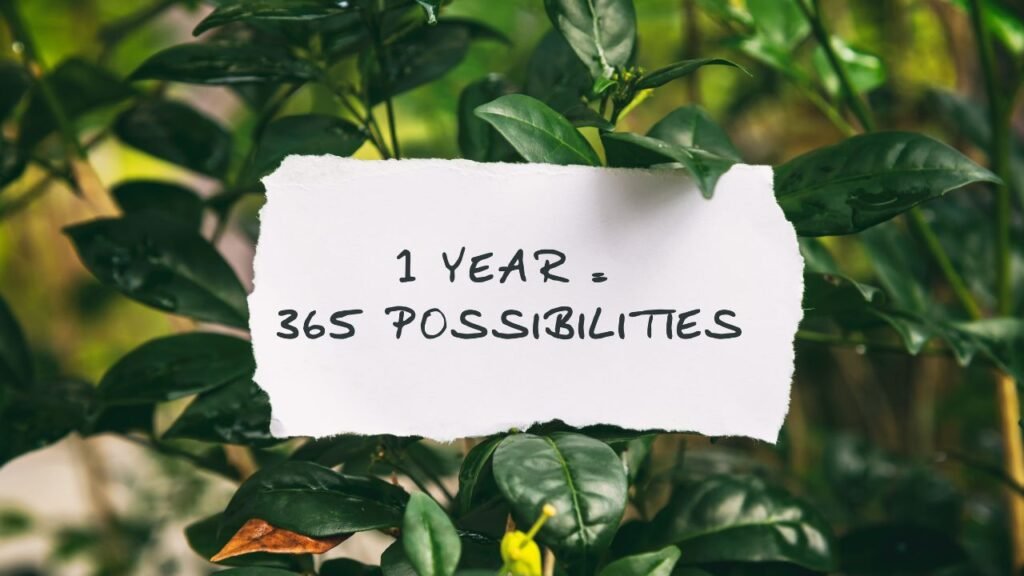Uncertainty is a natural part of life, but it can often leave us feeling anxious, stressed, and overwhelmed. How To Deal With Uncertainty is an art you must learn. Whether it’s uncertainty about our careers, finances, health, or relationships, learning to navigate life’s unknowns is essential for maintaining our well-being and peace of mind. In this guide, we’ll explore practical strategies for dealing with uncertainty in various areas of life, including relationships.
Understanding Uncertainty:
Uncertainty is the state of not knowing what the future holds or how things will unfold. It can trigger feelings of fear, doubt, and insecurity, making it challenging to stay grounded and focused. However, it’s essential to recognize that uncertainty is a normal part of the human experience and that we all face it at different times in our lives.
How To Deal With Uncertainty? Use The Following Strategies
1. Practice Mindfulness: Mindfulness involves being fully present in the moment, without judgment or attachment to past or future events. By practicing mindfulness meditation or simple breathing exercises, you can cultivate a sense of inner calm and clarity amidst uncertainty.
When faced with uncertain situations, mindfulness allows you to observe your thoughts and emotions without becoming overwhelmed by them. Instead of getting caught up in worries about the future or regrets about the past, you can focus on the present moment and the sensations of your breath or surroundings. This helps to anchor you in the here and now, reducing stress and anxiety.
2. Focus on What You Can Control: Uncertainty often arises when we feel powerless or out of control. However, by shifting our focus to what we can control, we regain a sense of agency and empowerment. Identify the aspects of a situation that are within your control, such as your actions, choices, and attitudes. Instead of worrying about things beyond your control, concentrate on taking positive steps to influence the outcome in a meaningful way.
This may involve setting goals, making plans, or seeking support from others. By focusing on what you can control, you can channel your energy and resources effectively, leading to a greater sense of confidence and resilience.
3. Set Realistic Expectations: Expectations play a significant role in how we perceive and respond to uncertainty. When our expectations are too high or unrealistic, we set ourselves up for disappointment and frustration. To deal with uncertainty effectively, it’s essential to set realistic expectations for ourselves and others.
This means acknowledging that things may not always go as planned and being prepared to adapt and adjust accordingly. By setting realistic expectations, we can avoid unnecessary stress and disappointment, allowing us to approach uncertain situations with greater flexibility and resilience.
4. Seek Support: Dealing with uncertainty can be challenging, but you don’t have to go through it alone. Reach out to friends, family members, or a therapist for support and guidance during difficult times. Talking about your feelings with others can provide validation, perspective, and emotional comfort.
Whether you need practical advice, a listening ear, or a shoulder to lean on, don’t hesitate to ask for help. Surround yourself with a supportive network of people who care about your well-being and want to see you thrive. Remember, seeking support is a sign of strength, not weakness, and it can make a world of difference in how you cope with uncertainty.
5. Focus on Self-Care: During times of uncertainty, it’s crucial to prioritize self-care to maintain your physical, emotional, and mental well-being. Make self-care a non-negotiable part of your daily routine by engaging in activities that nourish and rejuvenate you. This could include getting enough sleep, eating balanced meals, exercising regularly, and practicing relaxation techniques such as yoga or meditation.
Additionally, take time to engage in activities that bring you joy and fulfillment, whether it’s spending time with loved ones, pursuing hobbies, or enjoying nature. Remember that self-care is not selfish; it’s an essential aspect of maintaining your resilience and ability to cope with uncertainty.
6. Practice Gratitude: Cultivating an attitude of gratitude can help shift your focus from what’s uncertain to what’s stable and positive in your life. Take time each day to reflect on the things you’re grateful for, no matter how small they may seem.
This could include moments of joy, acts of kindness from others, or simply the beauty of nature around you. By practicing gratitude regularly, you train your brain to focus on the positives rather than dwelling on uncertainties. This can lead to greater feelings of contentment, resilience, and overall well-being, even in the face of uncertainty.
7. Stay Flexible: Uncertainty often requires us to adapt and adjust our plans in response to changing circumstances. Instead of resisting uncertainty, embrace it as an opportunity for growth and learning. Stay flexible and open-minded, willing to explore new possibilities and solutions to challenges that arise. Remember that life is unpredictable, and the ability to adapt to change is a valuable skill.
By staying flexible, you can navigate uncertainty with greater ease and confidence, knowing that you have the resilience and resourcefulness to handle whatever comes your way. Embrace uncertainty as a natural part of the human experience and trust in your ability to navigate it with grace and resilience.
Dealing with Uncertainty in Relationships:

Uncertainty in relationships can be particularly challenging, as it involves navigating the unknowns of another person’s thoughts, feelings, and actions. Here are some strategies for dealing with uncertainty in relationships:
1. Communicate Openly: Effective communication is essential for navigating uncertainty in relationships. Be open and honest with your partner about your thoughts, feelings, and concerns, especially when facing uncertain situations.
Share your fears, hopes, and expectations openly, and encourage your partner to do the same. Practice active listening, empathy, and validation to create a safe and supportive environment for honest communication. By fostering open communication, you can build trust, deepen your connection, and work together to navigate uncertainty as a team.
2. Set Boundaries: Uncertainty in relationships can sometimes lead to feelings of insecurity and mistrust. Setting clear boundaries is crucial for maintaining a sense of emotional safety and autonomy. Be assertive about your needs, preferences, and limits, and communicate them openly with your partner.
Respect your partner’s boundaries as well and be willing to compromise when necessary. Setting boundaries helps establish healthy dynamics in the relationship and prevents misunderstandings or conflicts from arising due to uncertainty.
3. Focus on Building Trust: Trust is the foundation of any healthy relationship, especially when faced with uncertainty. Take proactive steps to build and maintain trust with your partner by being reliable, consistent, and honest in your words and actions. Keep your promises, follow through on commitments, and avoid behaviors that erode trust, such as lying or withholding information.
Trust-building requires vulnerability, transparency, and mutual respect. By prioritizing trust in your relationship, you can navigate uncertainty with confidence and security, knowing that you can rely on each other for support and understanding.
4. Practice Patience: Dealing with uncertainty in relationships requires patience and understanding. Avoid jumping to conclusions or making assumptions about your partner’s intentions. Instead, give them the benefit of the doubt and allow time for things to unfold naturally.
Practice patience in communication, conflict resolution, and decision-making processes. Understand that uncertainty can trigger feelings of anxiety or insecurity in both you and your partner, and be patient with each other as you navigate these emotions together. Patience fosters empathy, compassion, and resilience in relationships, allowing you to weather uncertain times with grace and understanding.
5. Stay Connected: Maintaining a strong sense of connection with your partner is essential for navigating uncertainty in relationships. Spend quality time together, engage in meaningful conversations, and show affection and appreciation regularly. Strengthen your emotional bond by expressing love, empathy, and support for each other. Be attentive to your partner’s needs and emotions, and make an effort to stay connected even during challenging times.
A strong connection provides a sense of security and stability amidst uncertainty, allowing you to face challenges together as a united front. By staying connected, you can reinforce your commitment to each other and build a resilient foundation for your relationship.
Conclusion: While uncertainty may feel overwhelming at times, it’s essential to remember that you have the strength and resilience to navigate life’s unknowns. By practicing mindfulness, focusing on what you can control, seeking support, and staying flexible, you can embrace uncertainty as an opportunity for growth and transformation.
In relationships, open communication, trust-building, and patience are key to navigating uncertainty and strengthening your connection with your partner. So take a deep breath, trust in yourself, and embrace the journey ahead with courage and grace.
Recommended For You:
25 Healthy Mindset Habits To Improve Your Well-Being
200+ Positive Affirmations For Women | How Do Positive Affirmations Work?
